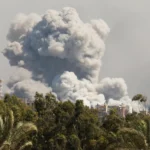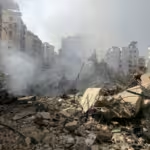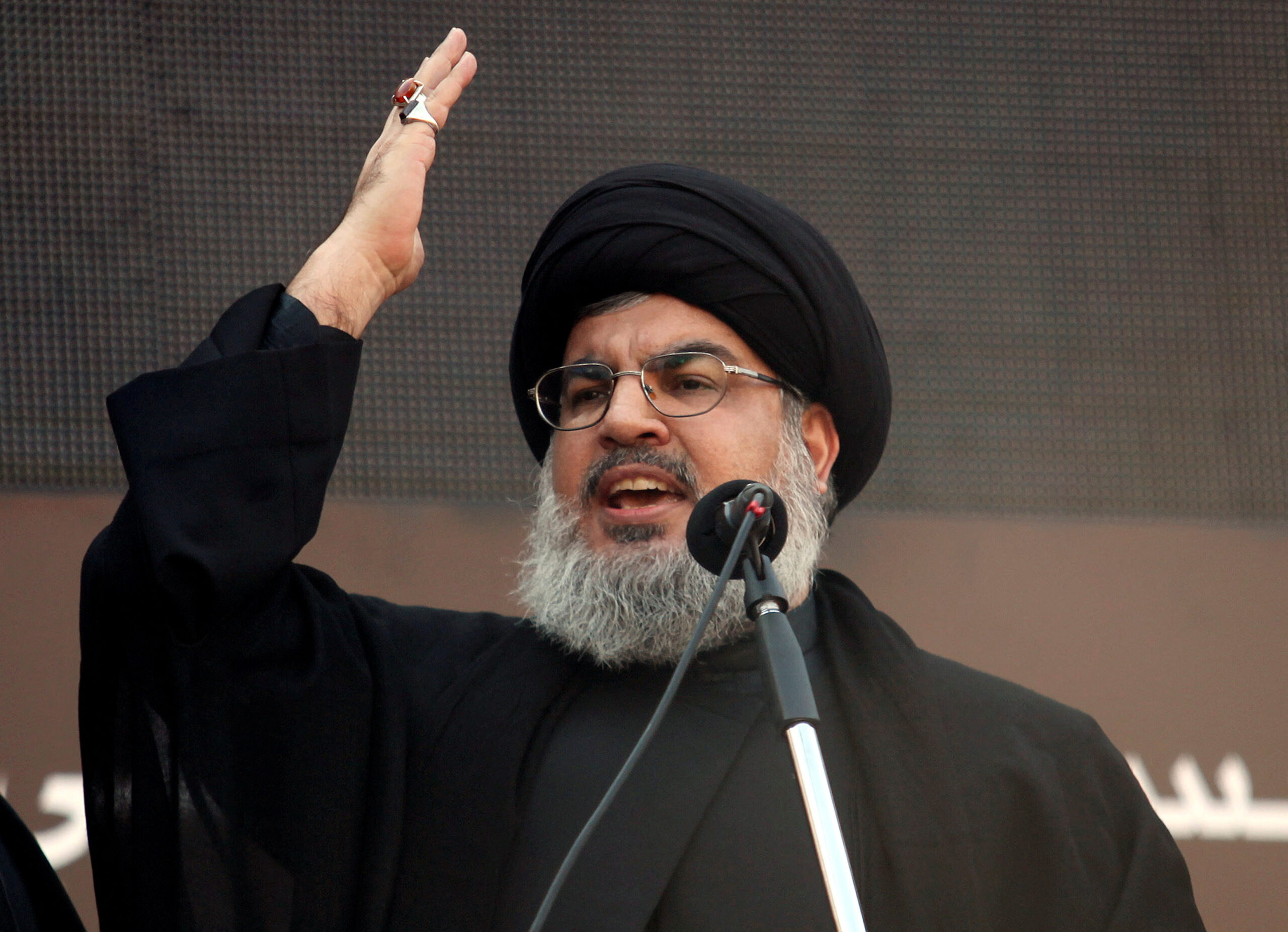Israel has taken the escalation against the feisty Hezbollah-led government to a dangerous new level with the assassination of Hezbollah’s leader, Hassan Nasrallah, on September 28. Dozens of 2,000-pound bombs marked the assassination dropped on Beirut’s southern suburbs.
It came after a brutal aerial campaign that had killed over 500 people in less than 24 hours. This action, combined with earlier attacks against Hezbollah’s ranks using booby-trapped communication apparatus, has tilted the balance of conflict, but with a potentially steep cost.
Israel hopes to take a significant chunk out of Hezbollah’s military strength, particularly its elite Radwan Force, on the head. Thus, it forces Hezbollah to freeze and focus on defending its leadership and prevent its finest units from being used in hostilities. Since Hezbollah, therefore, splits against its war allies in Gaza and Iran, such a strategic move can’t help but carry many risks, however.
A Fragile Victory?
Though killing Nasrallah and other senior commanders might give Israel a tactical advantage in the short term, history has shown how such victory can rapidly unravel. Hezbollah had experience with the loss of leadership, indeed showed remarkable organizational resilience, and survived the point where Israel repeated attempts to remove its top leaders several times.
Hence, Nasrallah’s death may not have the strategic effect the country wants. If Hezbollah can rebuild its leadership, it could potentially bring Israel’s military progress to an end with the continuation of rocket attacks into northern Israel.
The offensive has not stopped Hezbollah’s retaliatory attacks. It can still increase its rocket range even as it absorbs significant losses. Losses like Ali Karaki, commander of the southern front, are symbolic but not decisive in the group’s operations.
Heading Down a Slippery Road towards Uncontrolled Escalation
The greater goal of Israel-separation of Hezbollah from Hamas through military pressure-could end up being just like in 2006, inferior to Hezbollah despite Israel’s far superior force, yet lost again. Asymmetric war inherently places the advantage of escalation in the weaker side’s pocket. A decades-long product of warfare, all Hezbollah needs to do is drag the war out long enough and cause enough destruction further to break the will of Israeli civilians and military alike.
Ground fighting would be to Hezbollah’s advantage. If Israel introduces its ground troops into southern Lebanon, Hezbollah’s local familiarity with the terrain and its static defense positions could lead to remarkably high casualty rates for Israel. Additionally, such an escalatory move would place a finite reliance on air power by Israel, as its ground-level forces might become vulnerable to Hezbollah’s anti-air capabilities.
A Battle for Influence
However, it is also a struggle for the image of being the number one resistance force in the Arab world. The assassination of Nasrallah will restore Hezbollah’s – in these days not so good – morale due to its participation in the civil war in Syria. Hezbollah already fights Israel on its territory so that it can redescribe itself as an uncompromising protector of Palestinian and Arab interests. This should raise its potential influence in the region.
However, an open-ended conflict is too high a price for Israel. As the war continues to drag out, there will be rising internal and international pressure on the Israeli government to reconsider its policy. The uninterrupted supply of arms from the U.S. cannot be maintained ad infinitum, least of all when American public opinion tends to turn increasingly hostile to unrestrained support of Israeli military action.
Conclusion
In playing this high-stakes game against Hezbollah, Israel risks falling into its nemesis’s hands. Killing Nasrallah is no way of weakening Hezbollah, but it would only create a long and expensive war that Israel cannot afford fiscally. It will drag both sides into a war of attrition with no clear victor but plenty of casualties.















